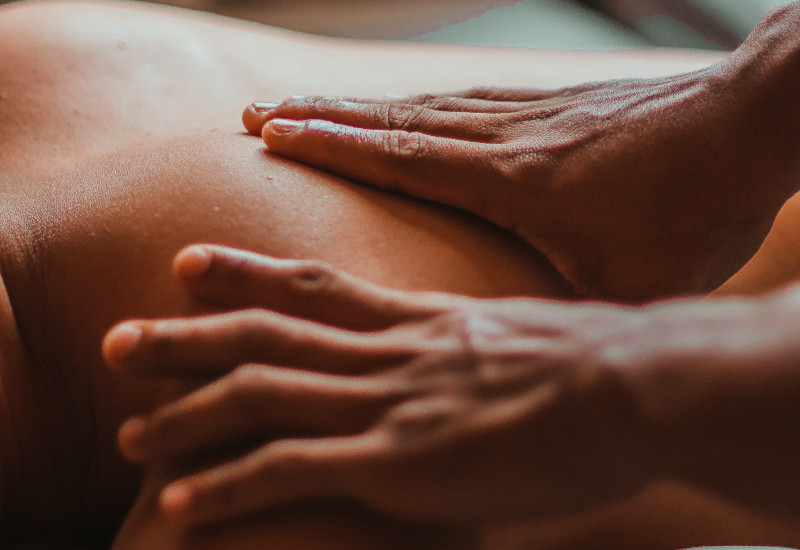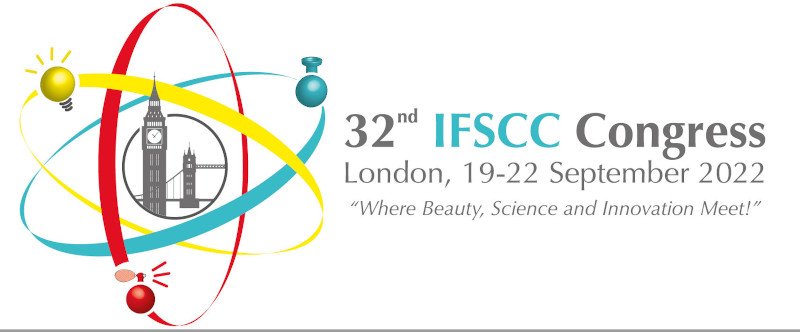
Prof Charles Spence
Prof Charles Spence is interested in how people perceive the world around them and in particular how our brains manage to process the information from each of our different senses (such as smell, taste, sight, hearing and touch) to form the extraordinarily rich multisensory experiences that fill our daily lives.
His research focuses on how a better understanding of the human mind will lead to the better design of multisensory foods, products, interfaces and environments in the future.
His research calls for a radical new way of examining and understanding the senses that has major implications for the way in which we design everything from household products to mobile phones, and from the food we eat to the places in which we work and live.
Sensehacking, my latest book, published by Viking Penguin in January, shows how easy it is for any one of us to hack our senses in order to improve our own social, cognitive and emotional wellbeing, as well as that of those whom we care most about.
As I make clear at the start of the book, many of the problems in society today can be put down to an imbalance in the diet of sensory stimulation that we all receive. Many of us complain about sensory overload – often brought about by a feeling that our senses are constantly being bombarded by too much information, too much noise, too many messages, etc.
In this, we are not alone. The recent trend amongst the tech titans of Silicon Valley is ‘dopamine fasting’, designed to help reduce their own sensory overload.
However, look more closely, and it turns out that it is primarily our higher rational senses of sight and sound that are overloaded by all that digital technology that we just can’t live without.
Just think about it. When was the last time you came across someone complaining about having too much tactile stimulation, too many fragrances or an overabundance of tastes? You haven’t, right? This is crucial because it hints that the real problem we face today is one of sensory imbalance, not sensory overload.
While trying to deal with the overloading of our higher rational senses, many of us are neglecting the stimulation of our more emotional senses – namely, touch, smell and taste.
Covid & the emotional senses
The problems associated with an imbalance in our diet of sensory stimulation is something that is especially important in the Covid era.
While the various lockdowns are unlikely to have had much influence on the estimated 90-95% of our lives that the planet’s majority urban population were already spending indoors, what they have done is tended to make the environmental stimulation that much more monotonous.
Spending so much of our time indoors at home, frequently denied the ability to socialise with friends and family, has undoubtedly had a negative impact on our wellbeing.
Spending so much time indoors in the winter months in Northern countries can all too easily lead to problems of light hunger, or Seasonal Affective Disorder, too. Indeed, this may be part of what has made the last lockdown so much harder for so many of those of us living in Northern Europe and Northern North America.
And while working from home during lockdown has undoubtedly saved many of us from the daily commute it has also meant that more of us have been finding it difficult to keep our work and home lives separate.
No wonder then that many of us have been struggling even more than normal to get a good night’s sleep, something that researching Sensehacking, I realised is so very important for our health and wellbeing.
Did you know, for example, that your chances of dying from many of the leading causes of mortality are significantly higher if you are one of the many people who struggle to get a good night’s sleep?
The problem with pharmacological treatments, that so many people resort to when struggling with insomnia (as I once did myself), is that while sleeping pills may knock you out, they simply don’t give rise to the right sort of sleep.
By contrast, something as simple as scenting your bedroom with lavender has been shown in a host of scientific studies to exert a beneficial effect on the sleep of everyone from newborn babies to their sleep-deprived parents, as well as elderly hospital patients.
You will find it much easier to sleep if you try not to use your digital devices or e-readers for a couple of hours before you go to sleep, or else make sure to introduce a red filter.
The problem with the blue light generated by many of our digital devices is that it tricks the brain into thinking it is time to wake up.
Lowering the temperature in your bedroom will also allow you to get more sleep, as will warming up your feet (eg with a hot-water bottle) shortly before bedtime.
This just leaves the question of why so many of us use mint-flavoured toothpaste as part of our bedtime ritual. While having a mouthful of minty bubbles might be exactly what you need to sense-hack the start of your day and combat sleep inertia, such an alerting aroma/flavour would surely seem to be the last thing any of us should be tasting before we go to bed. Worrying about that really is enough to keep one awake at night!
The scent of nature
One of the key themes in Sensehacking is the beneficial effects for our social, emotional and cognitive well-being of getting out into nature. Exposure to all that greenery (and blue if you happen to find yourself close to water) has been shown to exert a markedly beneficial effect on our health and wellbeing.
Importantly, however, simply getting out into nature doesn’t guarantee that you will necessarily get the full benefit from the experience. It turns out that Anthropocene noise (eg from traffic) can significantly reduce the benefits of viewing nature. Indeed, it is really important to maximise sensory congruency while avoiding sensory conflict.
So, for example, the benefits of being out in nature are greater if you can hear nature at the same time, and the more varieties of birds you can hear the better. Touching nature, and here I am thinking of gardening or perhaps just growing your own herbs rather than necessarily full-blown tree-hugging (though according to Japanese researchers that is not without its benefits), also benefits our wellbeing.
That just leaves the scent of nature. My suggestion is that aromatherapy (eg, using the scent of lavender to aid relaxation and sleep) can potentially be framed in terms of ‘smelling nature’ – the olfactory nature effect, in other words.
However, no matter whether it is scenting our home with a wellbeing bouquet (containing flowers that not only look great, but also smell great), an air freshener or a scented candle, the laboratory research that is summarised in Sensehacking demonstrates that the positive effect of scenting our homes is likely to be more pronounced at times of stress and uncertainty, which pretty much captures the situation for so many of us currently.

The power of touch
Touch is the body’s biggest sense organ, with the skin accounting for an estimated 16-18% of body mass. It turns out that the hairy skin, which you find everywhere except for the palms of your hands and the soles of your feet, contain C-tactile afferents.
These receptors elicit a pleasurable response if the skin is stroked slowly, presumably helping to explain the benefits of massage.
Crucially, the benefits of pleasant touch are enhanced if the touch you feel is warm, and there is a pleasant scent in the air. Playing sexy music (think Marvin Gaye) can also help to make the touch feel a little ‘sexier’ too. Our sense of touch is more multisensory than you might think.
The problem of touch hunger has undoubtedly worsened in the era of pandemia. I bet we have all seen those care home residents begging that the only thing they want is to hug a loved one. Being able to see them through the window and hear them over the intercom is just not the same.
In Sensehacking, I argue that we should consider the multisensory stimulation of our skin, the body’s largest sense, as a biological necessity and not just as mere pampering.
So no matter whether you happen to be thinking about hospitals or hospitality, commuting or cooking, the gym or gardening, dating or driving, sleeping or socialising there are a number of simple multisensory sense-hacks waiting for you in the pages of Sensehacking.

Prof Charles Spence will be one of the keynote speakers at the 32nd IFSCC Congress taking place in London from 19-22 September 2022. Cosmetics Business is media partner for the IFSCC 2022 Congress in London. For more information about the Congress or to get involved visit www.ifscc2022.com.
